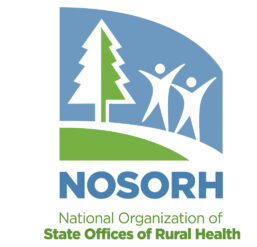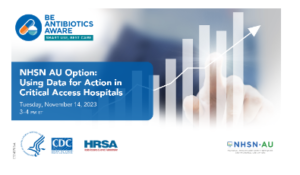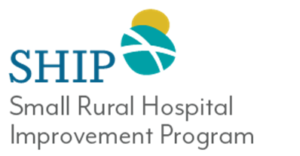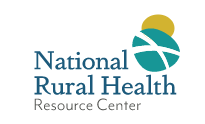April 25, 2024
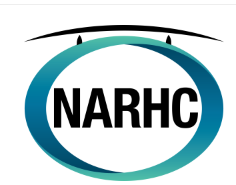
Webinar – New Medicare Behavioral Health Providers: Incorporating MHCs and MFTs Into Your RHC – May 9, 1:00 p.m. ET
The National Association of Rural Health Clinics (NARHC) is hosting a free, Federal Office of Rural Health Policy (FORHP)-supported webinar with information on incorporating Marriage and Family Therapists (MFTs) and Mental Health Counselors (MHCs) into Rural Health Clinics (RHCs).
Medicare coverage of Marriage and Family Therapists and Mental Health Counselors in RHCs began January 1, 2024. This webinar will feature representatives from the National Board for Certified Counselors and the American Association for Marriage and Family Therapy, who will provide information to ensure RHCs are equipped to consider expanding behavioral health services. Additional time for Q&A will be provided. Advanced registration is required.
Cost: Free
When: Thursday, May 9, 12:00 – 1:00 p.m. CT
Register Here

